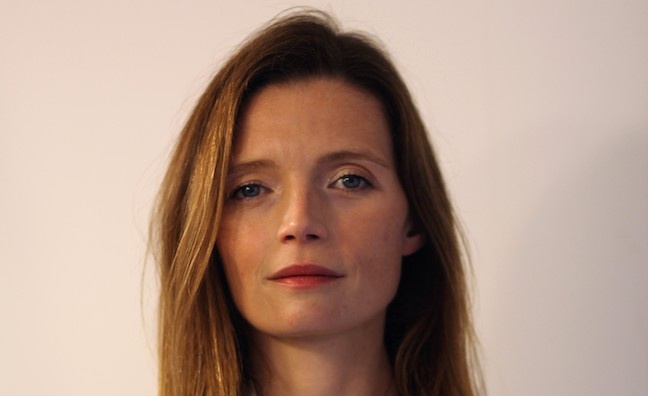By Grace Meadows, campaign director, Music for Dementia and music therapist
Since the pandemic, countless reports outlined how the world turned to music during Covid-19’s darkest days. For millions around the world, it became an important source of comfort, something that helped us get through the daily threats to our physical and mental wellbeing.
And for many, difficult times remain. As we navigate a cost-of-living crisis, on top of living with the longtail impacts of the pandemic, mental health of both young and old is fragile and at a tipping point. As a result, music continues to be used as a tool of distraction.
But I believe it also presents an opportunity. At a time when the nation’s health is in need, the NHS and our social care system are under unprecedented strain, we must consider leveraging music as more than a mere tool of distraction.
Music has powerful health and wellbeing properties for people of all ages with a range of conditions. For those living with dementia, there is nothing like music to enhance and enrich life. But it can also lower anxiety for someone with a mental health condition, help create a shared experience for a neurodiverse child, or reduce a person’s sense of loneliness.
Having music readily available at the click of a link or download, can literally mean the difference between being unnecessarily medicated and having a better quality of life because of meaningful connections created through music.
It is this ripple effect of the health value of music that is missing from the conversation, which to me seems remarkable given how much we love music as a nation.
Music has powerful health and wellbeing properties for people of all ages with a range of conditions
Grace Meadows
More of us are accessing music digitally than ever before as identified in the recent CMA Music and Streaming market study update, which highlighted that there are 39 million monthly active users of streaming services in the UK – about half the population.
The CMA’s recent study also suggested that technological innovations have brought the benefits of affordability. This matters given there are a significant number of people in this country unable to access mental health service and at a time of rising costs.
The Power of Music report published in April this year, co-authored by Music for Dementia and UK Music, set out a blueprint for how we can be harnessing the power of music to support health and wellbeing with a set of actionable and practical recommendations. One of which was a digital service.
We are delighted that partners such as Universal Music UK, alongside other key stakeholders, are committed to leading on the development of ‘Music Can’, an innovative platform which will support people with dementia and those caring for them to embed music into daily care.
By providing access to information, resources, training, a shared community, and digital music offers, Music Can will help to ensure that the value of music extends beyond the economic benefits it brings to the UK and it becomes much more widely recognised and used as a public health tool to support health and wellbeing.
We want to ensure the recommendations from the Power of Music report are brought to life. That’s why we are lobbying for a Power of Music Commissioner, who will be able to lead on this work, encourage others to join the likes of Universal Music UK in making the change we all need to see happen to make music a key part of health and social care.










